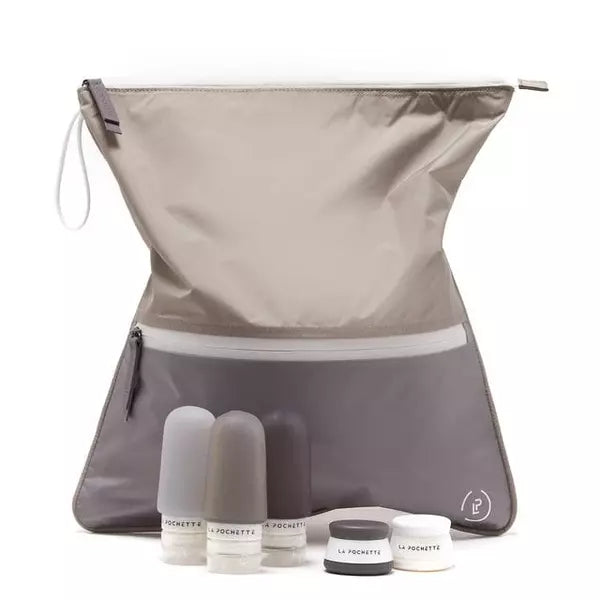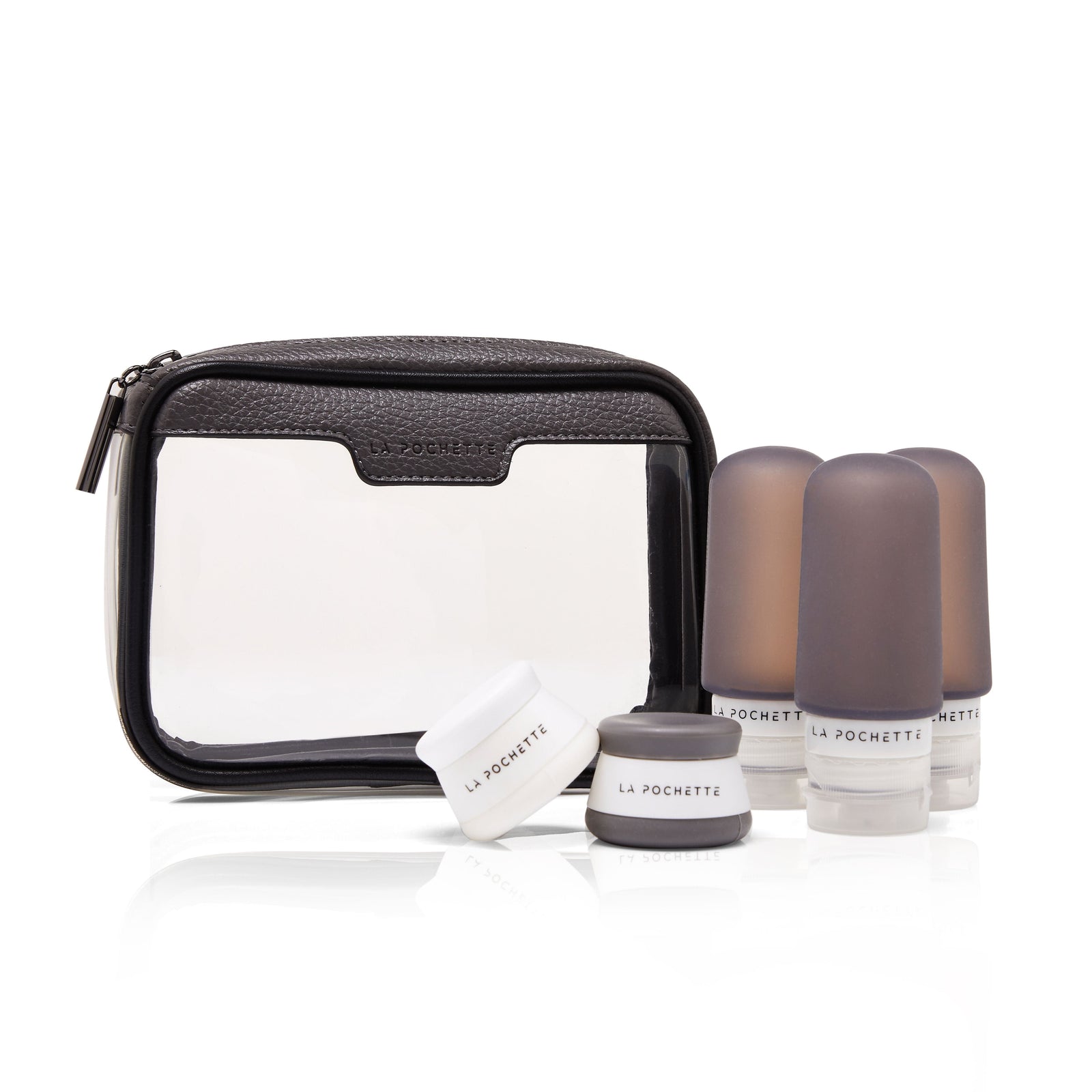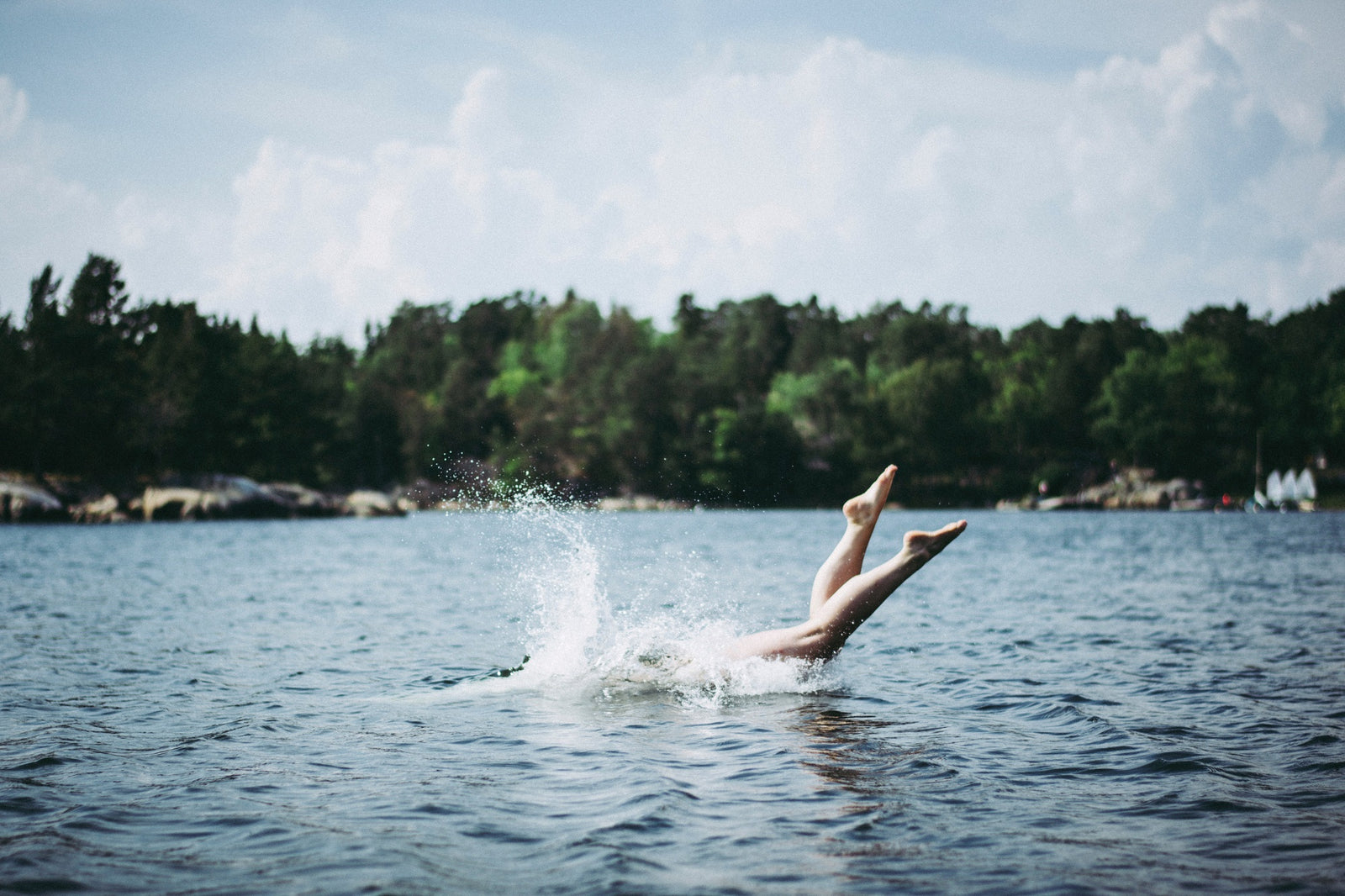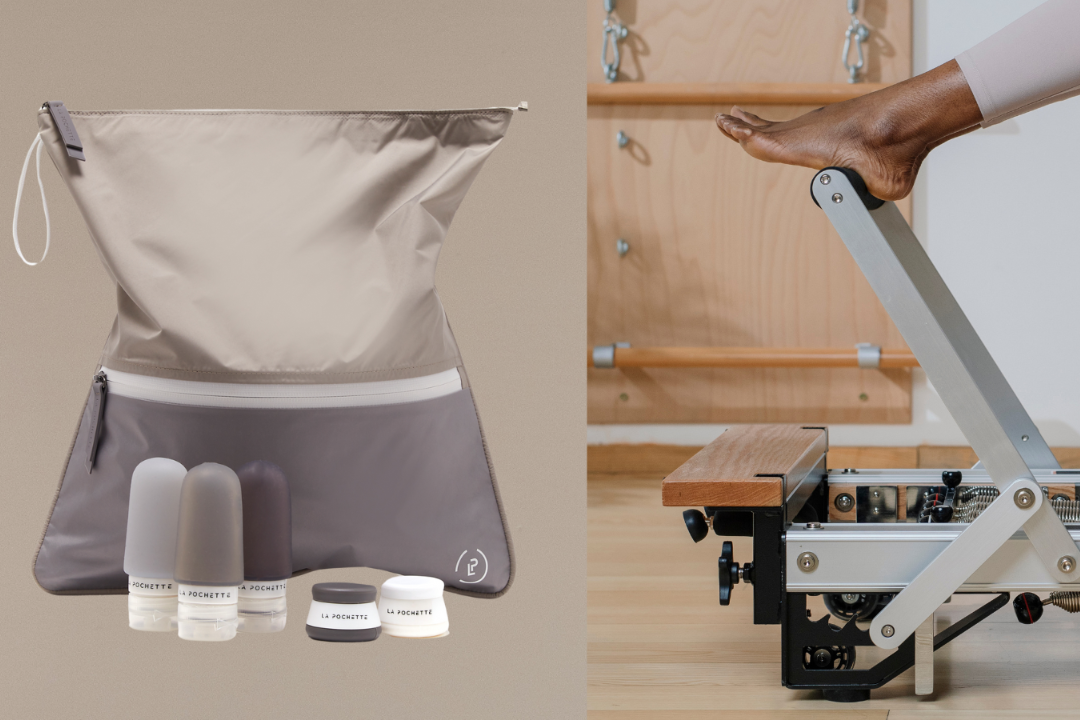As an all-over body workout, Swimming has long been touted as the perfect exercise - building endurance, muscle strength, promoting flexibility and cardiovascular fitness without wear and tear on joints. But do the benefits of Swimming go even further when we break from our lanes and head to the outdoors?
Wild swimming is swimming in any natural body of water such as a lake, pond, river or even just the sea. The growth in its popularity (the UK has over 50 Wild Swimming groups) has been fuelled by a recent spate of hot summers and a swathe of books on the subject, such as Daniel Start’s Wild Swimming, Kate Rew’s Wild Swim, and Roger Deakin’s Waterlog.
Whilst an obvious appeal lies in the refreshment and sense of freedom a dip in beautiful surroundings offers – a growing body of research is exploring how Wild Swimming benefits extend beyond the physical. The first case report published in the British Medical Journal suggests evidence of cold water swimming as an effective treatment for depression. With the number of antidepressant prescriptions in the UK doubling since 2006, the debate over their efficacy has intensified and discovering new approaches to overcoming mental health issues vital.
The science behind the theory rests on immersion in cold water itself; and the physiological and hormonal reaction of the swimmer called the stress response. This natural alarm system, evolving millions of years ago to cope with threatening environments, protected us by temporarily equipping the body for action. Roll on modern life and whilst wild animal attacks are fairly rare, life stressors are certainly all around us as we balance busy lifestyles. For some, this supposed self-limiting system fails to do just that, leaving a long-term activation of the stress-response and over exposure to hormones which disrupt the body’s processes, leading to mental health issues.
A co-authored study by British Doctor Chris van Tulleken and the University of Portsmouth suggested that repeated immersion in cold water whilst wild swimming can prevent the body’s disruptive and overactive response by a process of ‘habituation’. The repeated exposure causes the body to adapt, blunting your response to the stress of the cold water. The dulling effects are long lasting, the ‘habituation’ allowing you to respond and cope with everyday stressors in a more measured way.
Wonder cure? Potentially, and it doesn’t stop there. Swimming outdoors gives you additional Vitamin D whilst burning up to 350 calories in half an hour. Its inherent breathing patterns and repeated motions offer a relaxing and meditative workout as well as improving cognition and reducing inflammation. Best of all it can be practiced by almost anyone with little equipment required.
So where now? As tempting as it may be to jump into any water, wild swimming is not allowed everywhere in the UK, check out the Map by Wild Swimming for recommendations for the most beautiful locations near you. And for those who can’t escape the city, the Serpentine Lake in London's Hyde Park is home to the Serpentine Swimming Club – where members swim all-year-round in the open air.
For advice on how to safely try cold water Swimming, visit the Outdoor Swimming Society’s guide to grabbing your Wet Bag and getting started and get ready to feel the benefits for mind, body and soul.
Read on:












